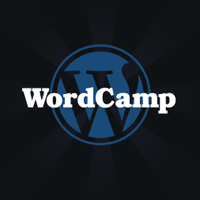I’ve had a few people ask about the writing environment I’m using for The Ivory Tower and the Open Web (introduction posted a couple of days ago). I’m writing the book entirely in WordPress, which really has matured into a terrific authoring platform. Some notes:
1) The addition of the TinyMCE WYSIWYG text-editing tools made WordPress today’s version of the beloved Word 5.1, the lean, mean, writing machine that Word used to be before Microsoft bloated it beyond recognition.
2) WordPress 3.2 joined the distraction-free trend mainstreamed by apps like Scrivener and Instapaper, where computer administrative debris (as Edward Tufte once called the layers of eye-catching controls that frame most application windows) fades away. If you go into full-screen mode in the editor everything disappears but your text. WordPress devs even thoughtfully added a zen “Just write” prompt to get you going. Go full-screen in your browser for extra zen.
3) For footnotes, I’m using the excellent WP-Footnotes plugin, which is not only easy to use but (perhaps critically for the future) degrades gracefully into parenthetical embedded citations outside of WordPress.
4) I’m of course using Zotero to insert and format those footnotes, using one of the features that makes Zotero better (IMHO) than other research managers: the ability to drag and drop formatted citations right from the Zotero interface into a textarea in the browser. (WP-Footnotes handles the automatic numbering.)
5) I’ve done a few tweaks to WordPress’s wp-admin CSS to customize the writing environment (there’s an “editorcontainer” that styles the textarea). In particular, I found the default width too wide for comfortable writing or reading. So I resized it to 500 pixels, which is roughly the line width of a standard book.
 From
From  As if
As if